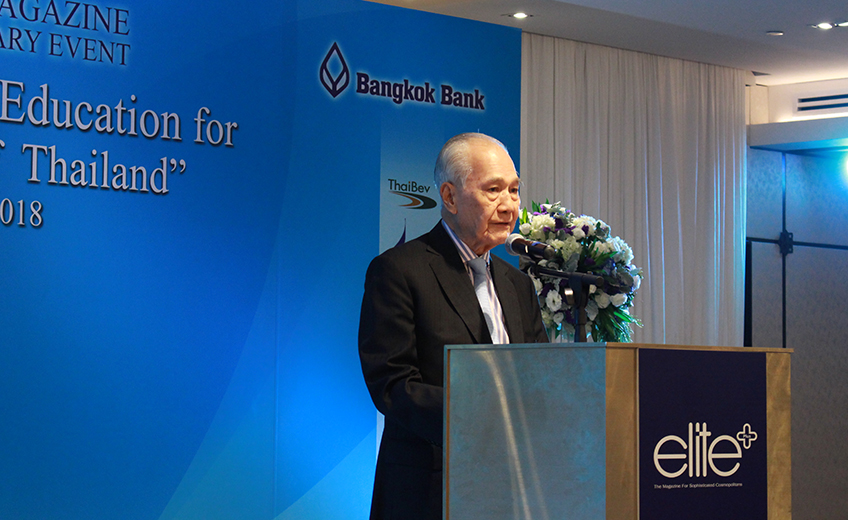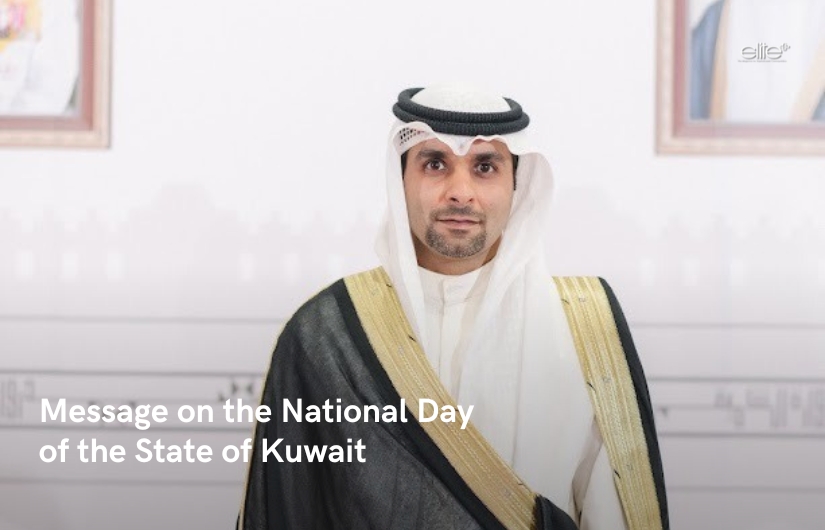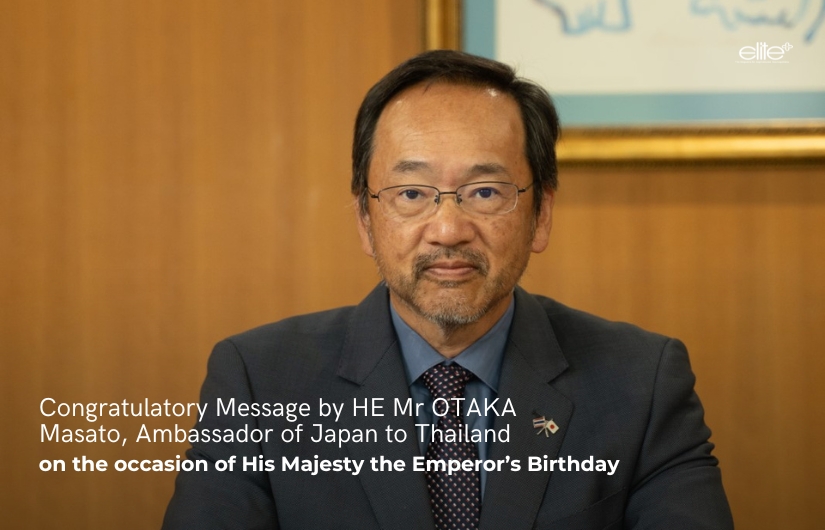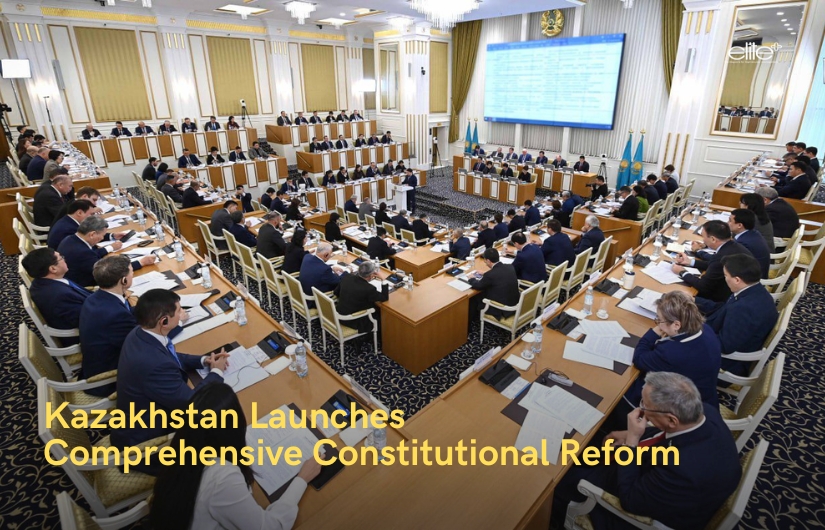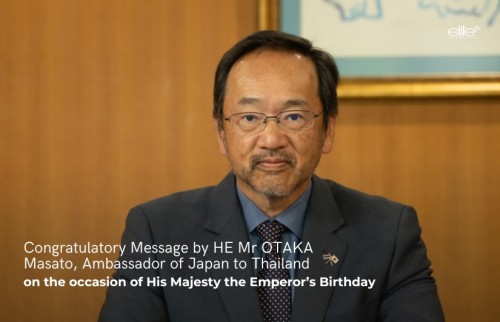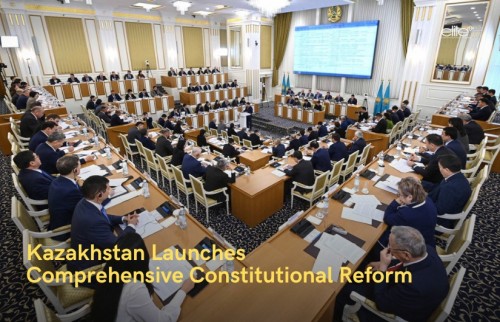July 17, 2018
Tonight I will talk about a topic that is close to my heart, namely education to prepare Thailand for the world of tomorrow.
As many of you know, Thailand is facing a crisis in education, from both the perspectives of learning and equity.
Let me address first the issue of learning. You may have heard of the PISA International Assessment. The results of that assessment for Thailand tell us that too many of our young students at the age of 15) are not meeting basic levels of literacy and numeracy skills. Indeed, we have seen a sharp drop in performance for Thailand from 2012 to 2016.
But it is not just international assessments that tell us that we have a learning crisis. The results of national secondary school examsl also point to low learning outcomes. Mean student scores were recorded below 50% in 8 out of 9 subjects.
Thailand's education system simply focuses too much on rote learning rather than skills development. This means that schools are not preparing young people for the world of work of tomorrow.
But we need not despair as there are solutions that can take our education system to a higher level of performance.
The first is to invest early with well-funded quality "Early Childhood Development" services for all children between the ages of 3 to 5.
We need to ensure that educational services are staffed by high-quality and skilled teachers who can nurture the holistic development of children and build the foundation of future learning.
Increased subsidies should also be provided to the parents of young children from poor backgrounds attending Early Childhood Development services, so that they can also enjoy a healthy diet and other essentials for development

The second area to reform is the school curriculum. There should be greater focus on skills development - fostering creativity and innovation as well as a greater emphasis on subjects such as science, technology, engineering and mathematics. This is needed in both primary and secondary school to equip young people with the relevant skills to compete and be productive.
The education system needs to work together with business leaders and employers to identify those key skills for the future and design school programmes accordingly.
An overhaul of national exams and assessment of learning is also required. We want a less rigid focus on testing memorization and knowledge, and more emphasis on skills development.
And the third part of the solution is to enhance the quality of teachers by investing in pre-service and in service teacher training focusing on practical skills, and active teaching and learning.
Let me now turn to the equity crisis, and here I am referring to the vast disparities in accessing education in Thailand.
If you are living in certain parts of this country, or are from a poor background, or are a migrant child, you
are:
- Less likely to be in school, in particular for secondary education;
- More likely to attend a school that is under-resourced; and
- Less likely to be literate and to do well in learning assessment.
This is not a tenable situation for a country that aspires to move from middle to higher-income status.
Remark : Follow up full speech in Elite+ that will be launched by August 5 , 2018


